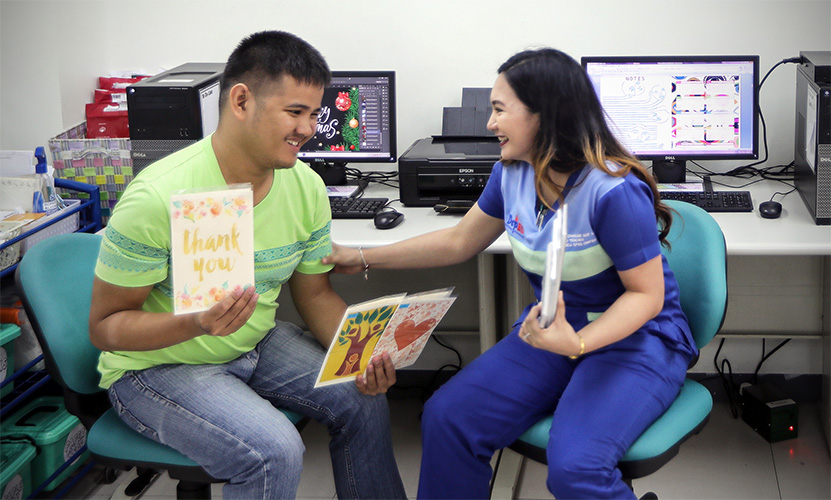Amid the celebration of National Disability Prevention and Rehabilitation (NDPR) Week, Senator Win Gatchalian is pushing to increase access to early interventions and diagnosis for learners with disabilities, especially now that the COVID-19 pandemic threatens their access to essential health and education services.

It was learned during a Senate panel hearing that less than ten percent of child development workers are trained to manage children with disabilities in daycare centers, as shared by the Department of Social Welfare and Development (DSWD)-Program Management Bureau (PMB).
In the absence of developmental pediatricians to provide medical diagnosis, Gatchalian said child development centers can conduct assessments to identify risks of developmental delays. These assessments are done with screening tools such as the Early Childhood Care and Development (ECCD) checklist.
Gatchalian, author of Senate Bill No. 171 or the Inclusive for Education for Children and Youth with Special Needs Act, said interventions should be available at child development centers and daycare centers that cater to children aged zero to four.
The lawmaker emphasized that early detection and interventions in these centers can help learners with disabilities in their developmental milestones, especially when they join regular classes.
Child development workers, however, need to be capacitated so they can address developmental delays and provide minimum interventions for learners with disabilities.
Earlier this year, Gatchalian said he also seeks to include a medical diagnosis for learners with disabilities in the Universal Health Care Law. Unfortunately, parents tend to skip this procedure due to its high cost.
The Philippine Health Insurance Corporation (PhilHealth) estimated that there were 5.1 million children with disabilities in the Philippines as of 2018. Data from the Department of Education’s (DepEd) Learner Information System, however, reveals that as of July 15, only 51,375 learners with disabilities are enrolled for this coming school year.
According to Save the Children’s “Rapid Survey on the Situation of Children with Disabilities in the Context of COVID-19” conducted last May, 48 percent of the survey’s 40,066 respondents are not able to access education services.
“Bilang pinakamalapit na mga institusyon sa ating mga kabataang may kapansanan, dapat may sapat na kakayahan ang ating mga child development centers o day care centers upang masuri ang kakayahan ng mga batang may kapansanan. Sa pamamagitan ng mga maagang pagsusuring ito, malalaman natin ang mga hakbang na dapat nating gawin upang maging angkop sa isang batang may kapansanan ang edukasyong kanyang natatanggap,” said Gatchalian, Chairman of the Senate Committee on Basic Education, Arts and Culture.


